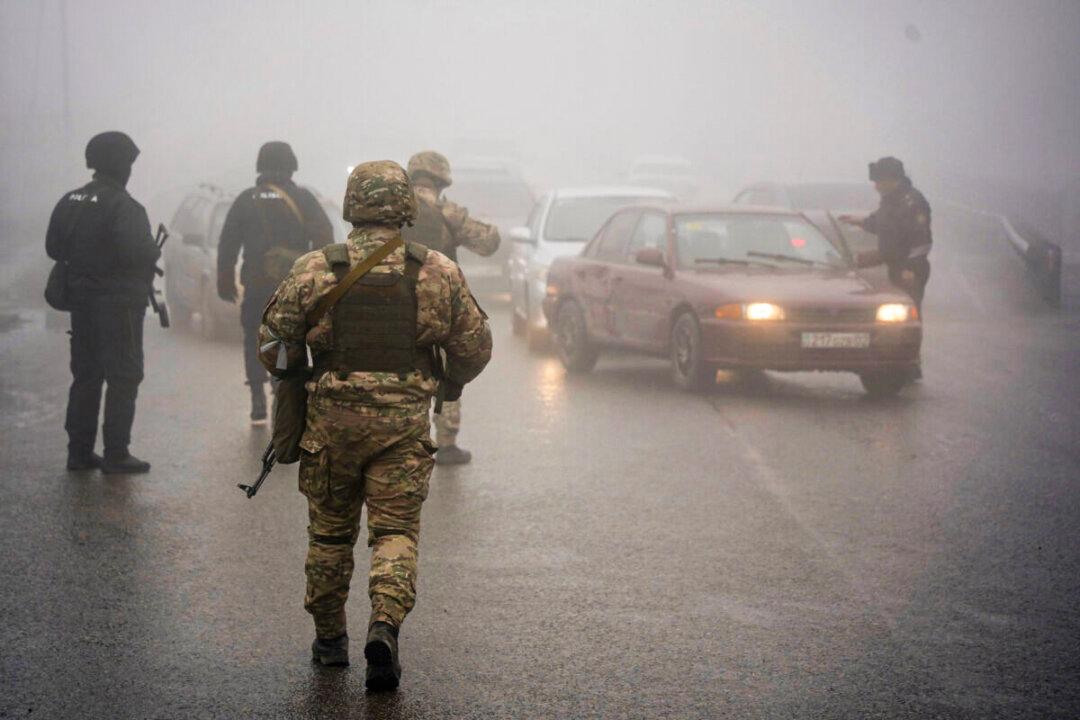Large-scale protests recently broke out in Kazakhstan, with the country’s president ordering the military to suppress it with force. Chinese communist leader Xi Jinping praised the Kazakh president’s actions in the situation as “decisive” and “strong.” Experts say there are multiple factors behind the outbreak of civil unrest in Kazakh that have made the CCP authorities uneasy.
In the worst unrest in Kazakhstan in more than a decade, protesters are angry about soaring fuel prices and took aim at the authoritarian government, as well as former president Nursultan Nazarbayev, tearing down a statue of him.




